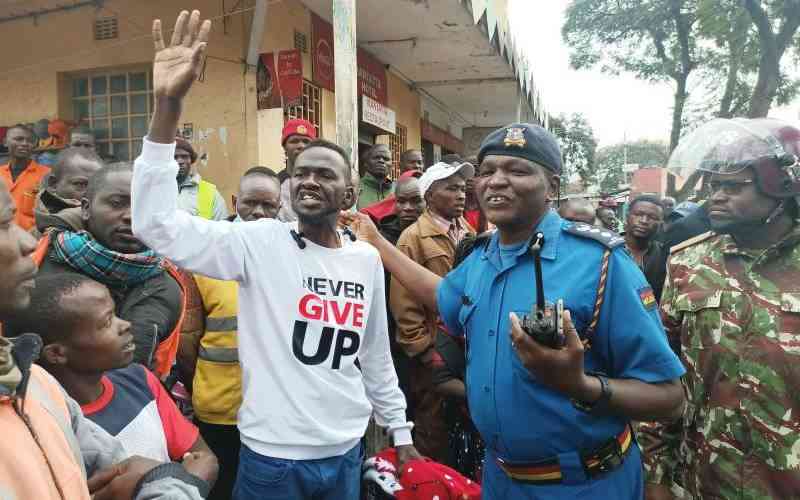×
The Standard e-Paper
Home To Bold Columnists

This year marked 33 years since the first Saba Saba rally on July 7th, 1990. Back then, opposition politicians and their supporters risked it all in the quest for constitutional multipartyism.
It also heralded an important phase of our political development, which has been characterised by constitutional reforms, greater institutionalisation of our politics, and a move towards a more consolidated democracy.